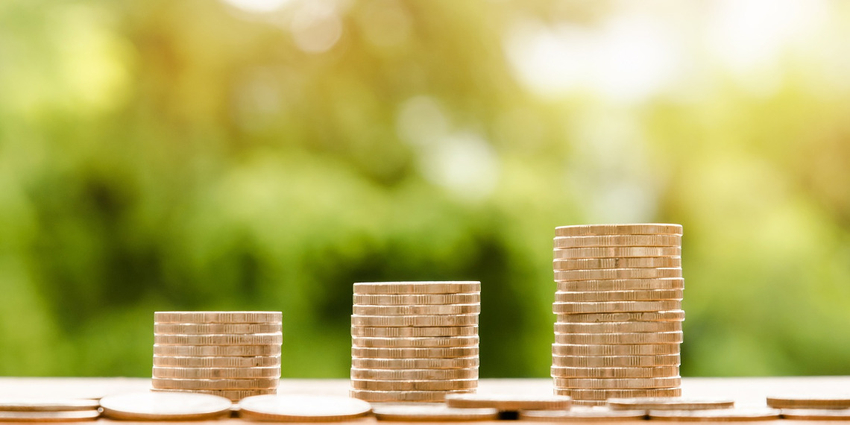So far, sustainable finance and its instruments, such as green investment funds, have focused primarily on financing economic activities that are already considered “green”, such as renewable energy technologies. However, the goal of carbon neutrality by 2050 requires not only scaling up “green” economic activities, but also decarbonizing emissions-intensive sectors. The financial sector plays a decisive role in supporting this transformation.
An important step in steering financial flows is a better understanding of which companies are pursuing a reliable and ambitious transformation path. Among other things, it is necessary to analyze which indicators investors can use to assess whether a company’s self-imposed goal of “climate neutrality by 2050” is merely lip service or a serious undertaking. This is precisely the step the joint project “ClimLabels: Transformation Labels in Climate Finance” aims to make possible. A team from the Ruhr University Bochum (RUB) led by environmental economist Andreas Löschel, the University of Münster (WWU) led by behavioral economist Markus Dertwinkel-Kalt, the sustainable finance think tank Climate & Company led by EU and sustainable finance expert Ingmar Jürgens, and the Leibniz Institute for Financial Research SAFE led by financial economist Christine Laudenbach are involved in the research network.
To make climate-related information better available for investment decisions, the researchers aim to design so-called ecolabels for financial products as a kind of quality approval that provides investors with information about the sustainability of investment products. “Climate labels are an important prerequisite for capital to be used sensibly and redirected to more environmentally friendly investments,” says Andreas Löschel, “this contributes significantly to financing the transformation to a low-carbon economy.”
Creating incentives for CO2 reductions
The aim of the ClimLabels project is to develop incentives for CO2 reductions based on robust transformation indicators, aligned with the requirements of financial experts. “These indicators can be used for the composition of sustainable financial products and labels and are important for how investors, traders, and fund managers make their investment decisions,” adds Christine Laudenbach of SAFE.
To this end, the research network aims to gain a comprehensive and better understanding of the metrics on which transformation indicators and Ecolabels are built. “This would not only help practitioners to develop financial products, but also help rating agencies to develop appropriate scores and rating methodologies. At the same time, it would make it easier for policymakers to design new instruments and adapt existing ones that facilitate financing and investment for companies in transition and incentivize climate neutrality,” adds Markus Dertwinkel-Kalt.
High political relevance
The high political relevance is also emphasized by Ingmar Jürgens: “Transition finance is at the top of the agenda in the EU as well as in the G20, G7 or the International Platform on Sustainable Finance. How best to capture whether a company is on a credible transition path also plays a major role in the creation of disclosure requirements or the development of green transition bonds. The results from our project will make a valuable contribution to this discussion.”
For a better understanding of metrics and indicators, empirical analyses on the explanatory power, a configuration of Ecolabels as well as laboratory experiments and field studies on individual decisions and market behavior will be conducted in the project. The RUB takes the lead as coordinator for the ClimLabels project, participates in the design of labels as well as the design and implementation of laboratory experiments and the development of a field experiment. Within the project, SAFE is responsible for design, programming, implementation, and evaluation of the field experiments with bank customers.
Climate & Company ensures coordination with relevant working groups at the national and European levels, analyzes econometrically the significance of transformation indicators, and constructs potential transformation labels and funds on this basis. WWU coordinates and is responsible for the implementation and survey of the laboratory experiments and will contribute to the design development of the field experiments. The research project is funded by the initiative “Climate Protection and Finance (KlimFi)” of the funding strategy “Research for Sustainability – FONA” of the German Federal Ministry of Education and Research and will be subsidized for three years.
Scientific Contact


